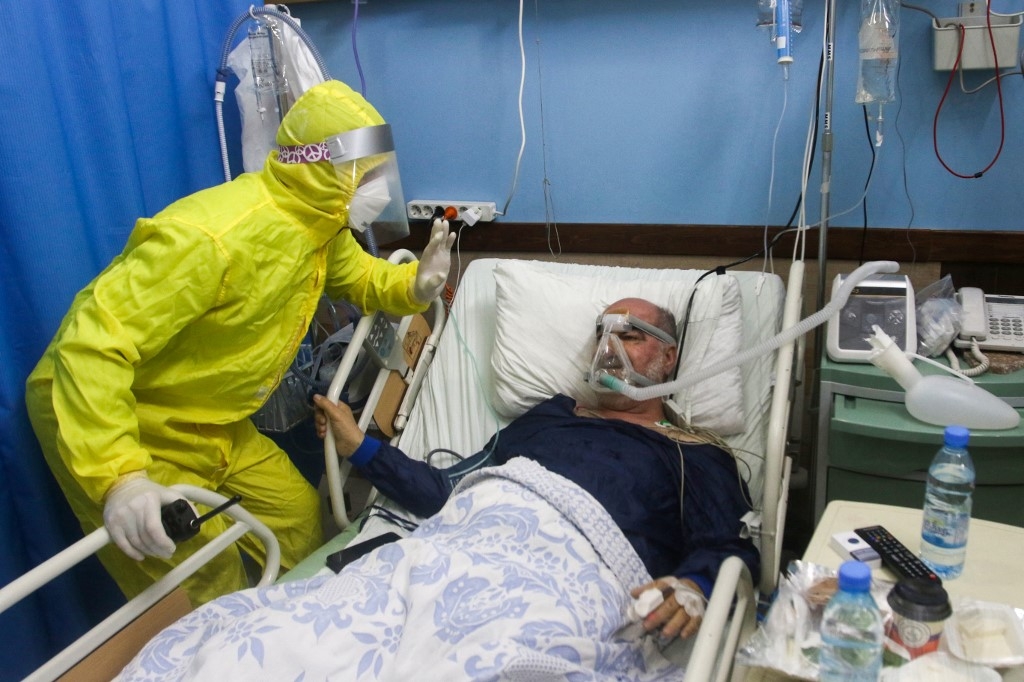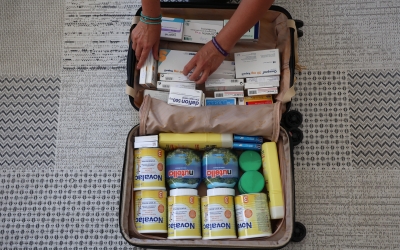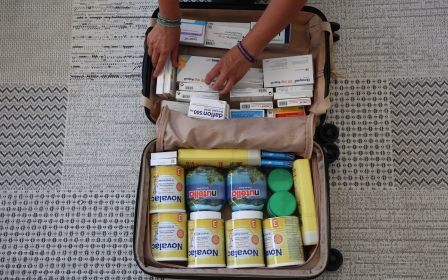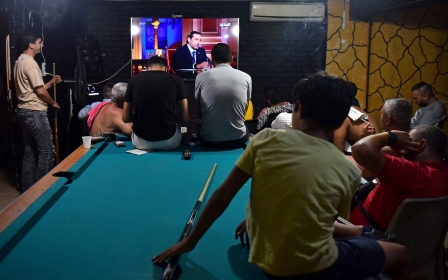UN warns Lebanon's water supply could collapse in a month

The United Nations warned on Friday that Lebanon's water supply could collapse in a month. Meanwhile, hospitals are running out of fuel to run life-saving equipment and pharmacies are being forced to close, due to medicine shortages.
Unicef said that four million people, including one million refugees, are at immediate risk of losing access to safe water in Lebanon.
The UN agency feared that maintenance costs incurred in US dollars, funding shortages, and the collapse of the power grid could destroy the water sector.
"Unicef estimates that most water pumping will gradually cease across the country in the next four to six weeks," Yukie Mokuo, a Unicef representative in Lebanon, said in a statement.
"A loss of access to the public water supply could force households to make extremely difficult decisions regarding their basic water, sanitation and hygiene needs."
Lebanon's financial crisis, caused by corruption and mismanagement of the country's economy, has impacted nearly every aspect of Lebanese society.
The Lebanese pound, pegged to the US dollar, has lost more than 90 percent of its value over the past 18 months. Electricity is in short supply, with power running for an hour a day, and fuel needed to power generators also in short supply.
Hospitals running out of fuel
Earlier on Friday, Lebanon's Association of Pharmacy Owners said it would have to close pharmacies due to medicine shortages. The decision comes after medical importers said earlier this month that they had run out of hundreds of essential medicines because the central bank had not released the dollars promised to pay suppliers abroad.
"We have no choice but to stop working and close down our pharmacies until the Ministry of Health finds medicines or alternatives to meet our patients' needs," the Association said on Friday.
Hospitals have also warned of a looming catastrophe, as medical facilities run out of fuel to power life-saving equipment amid ongoing power shortages. On Thursday, a syndicate of private hospitals said they were struggling to buy fuel to keep their generators running.
"Hospitals are unable to find fuel oil to power generators during power outages of at least 20 hours a day," it said in a statement. "A number of hospitals risk running out in coming hours, which will put the lives of patients in danger," it warned, without specifying how many facilities were at immediate risk.
Lebanon’s minister of health, Hamad Hassan, has sparked outrage after stating that reports of medicine shortages in the country are rumours, and that the media and public are exaggerating the economic crisis in the country.
Middle East Eye propose une couverture et une analyse indépendantes et incomparables du Moyen-Orient, de l’Afrique du Nord et d’autres régions du monde. Pour en savoir plus sur la reprise de ce contenu et les frais qui s’appliquent, veuillez remplir ce formulaire [en anglais]. Pour en savoir plus sur MEE, cliquez ici [en anglais].





